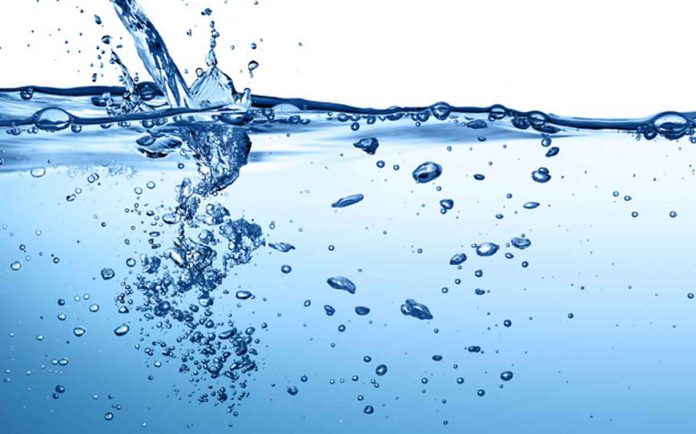As climate change continues to worsen conditions worldwide, one essential element of life is in danger for many: clean water. Changing environmental conditions are reducing global access to clean drinking water, and already the impacts are severe in some parts of the world. As it is, only1% of the Earth’s water is suitable for drinking.
Future Impacts For Rich Nations
While many wealthy nations don’t currently find themselves at the center of the global water crisis, it’s likely that a water-scarce future isn’t far off. Experts predict that nations across the globe will find themselves facing a water shortage within a matter of years, with some nations seeing problems as soon as the next 25 years.
Despite this statistic, many nations continue to waste water regularly, both on the individual level and on a commercial level. Individually, homes in wealthy nations continue to spend large amounts of money on water and sewage; the average United States household spends $500 on their water and sewer bill each year. On a commercial level, water wasting is just as much of a problem. Around 20% of wastewater comes from agricultural operations and commercial discharge, and this wastage has a significant impact on the global water supply.
The Future Is Now
For many nations, the global water crisis isn’t a distant fear, it’s ongoing. Recently, Cape Town reached the proverbial “Day Zero” for their water supply, with the city reaching crisis levels of water availability. Countermeasures helped get the area through the severe shortage of water, but has since provided a sobering model of what a larger scale water crisis can look like in major metropolitan areas.
As climate change continues to impact many areas of the globe, more situations like the one recently faced in Cape Town are likely to arise. This will cause major urban areas to struggle to find solutions for a decreasing water supply, but an increasing population. Additionally, in parts of the world where water is already lacking, a decrease worldwide in clean drinking water will make any progress towards a solution slower, hurting those already most in need.
Limited Water Access Tied To Health Crises
As water becomes increasingly scarce, it’s likely many parts of the world will see increased health crises. A lack of water on its own creates many health problems for the public and can be incredibly dangerous, but it can also contribute to the spread of certain diseases. When clean water is lacking, people resort to drinking from more hazardous water sources. This can spread disease quickly, especially parts of the world where preventive medicine is lacking. Today, 24 million children around the world do not have access to the routine vaccine series they should receive before they turn 12 months old, meaning they’re increasingly vulnerable as diseases spread due to lack of clean drinking water.
With climate change continuing for the foreseeable future, nations across the world are going to need to create plans for addressing the inevitable water shortage. Otherwise, many countries could find themselves in a challenging position sooner than we may expect.







